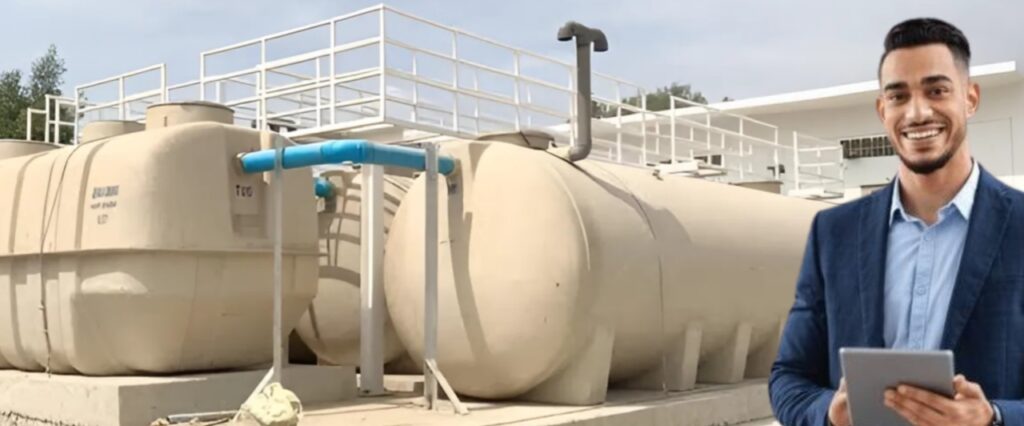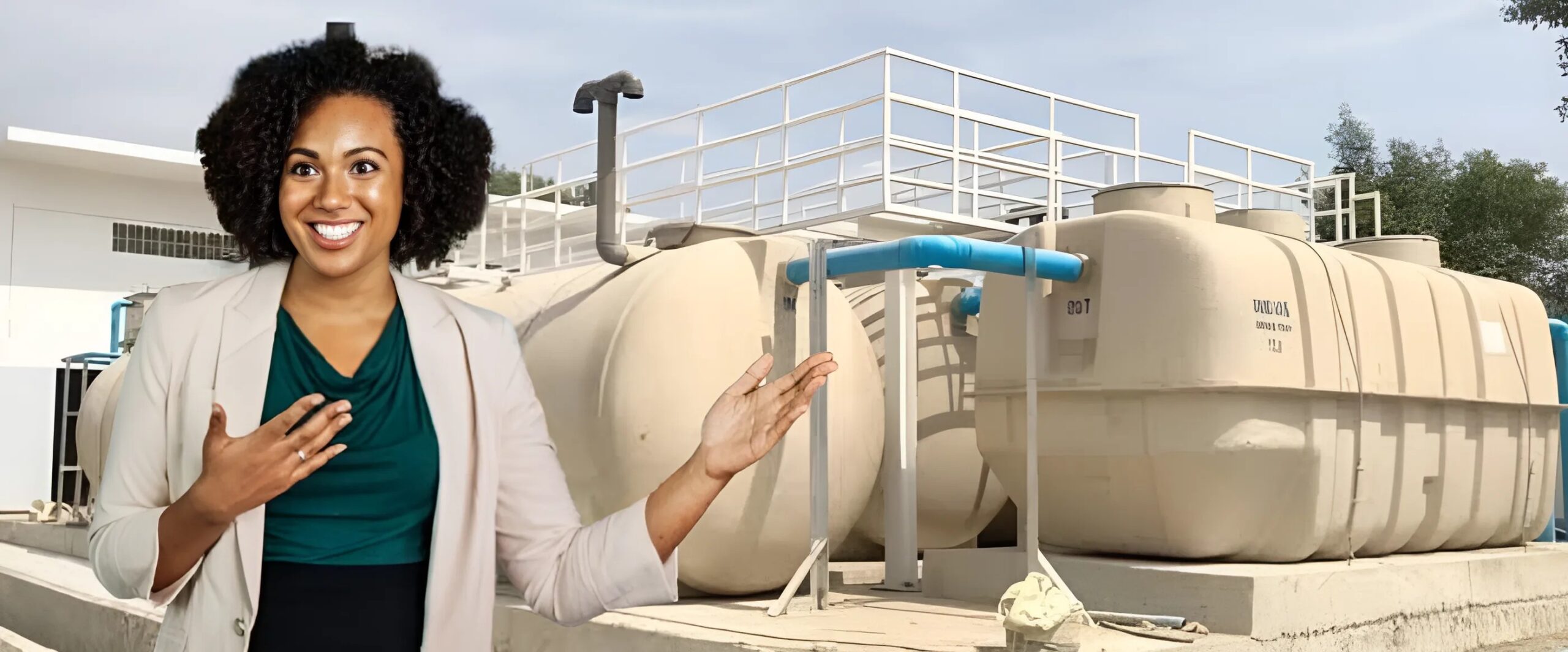Why Water Is Vital for Our Sustainable Future

Water is the Earth’s most crucial resource, and our collective approach to using, managing, and thinking about it must evolve rapidly if we hope to have enough water to sustain us in the future. Let’s dive into why water matters and how it impacts our lives:

- Health and Disease:
- Globally, 2.5 billion people lack adequate sanitation facilities, and 1 billion practice open defecation, costing the world *$260 billion annually. Closing this gap will help prevent water-related diseases such as **diarrhea, which is the second leading cause of death in children under the age of five. Unsafe water, inadequate sanitation, and insufficient hygiene contribute to *88% of diarrhea-related deaths.
- In India, poor sanitation—rather than insufficient food—is emerging as a key factor in malnourishment. Nutrients and energy are diverted away from growth and development to fight infection for survival, leading to stunted growth in an estimated 65 million children under the age of five.
- Gender Equality:
- Women and girls often bear the burden of fetching drinking water from outdoor sources. In sub-Saharan Africa alone, women and girls spend a staggering 40 billion hours a year collecting water—equivalent to a year’s worth of labor by the entire workforce in France.
- Sustainable Energy:
- Even water-abundant countries face challenges. For example, Brazil generates more than 70% of its energy from hydropower. However, water shortages threaten electricity blackouts, affecting the industrial drivers of the economy. Imposed energy quotas due to a drought in 2000 and 2001 cost the country roughly *$20 billion, reducing GDP by *2%.
- Urbanization:
- Sao Paulo, Brazil’s most populous city and economic heart, is experiencing its worst drought in over 80 years. The impact of water scarcity extends beyond rural areas and affects urban centers as well.
- Freshwater Storage and Climate Change:
- Wet areas of the world are getting wetter, while dry areas are getting drier. This trend is happening now, well before the end-of-the-century forecasts by the Intergovernmental Panel on Climate Change.
- More than half of the world’s major aquifers are depleted past the point of sustainability, mainly due to irrigation. This depletion poses a significant risk to global freshwater security and food security.
- Hope for Solutions:
- Increasing irrigation efficiency, reducing food waste, and collaborative efforts across interest groups and decision-makers can help address water challenges.
- We can live happy, healthy, productive lives while using less water. Recognizing this and working within natural systems will be crucial.
In summary, water is not only essential for our survival but also a gateway to addressing broader challenges like health, gender equality, and sustainable development. Let’s prioritize water and build a more resilient and equitable future for all
[contact-form-7 id=”110d55d” title=”Contact form 1″]


